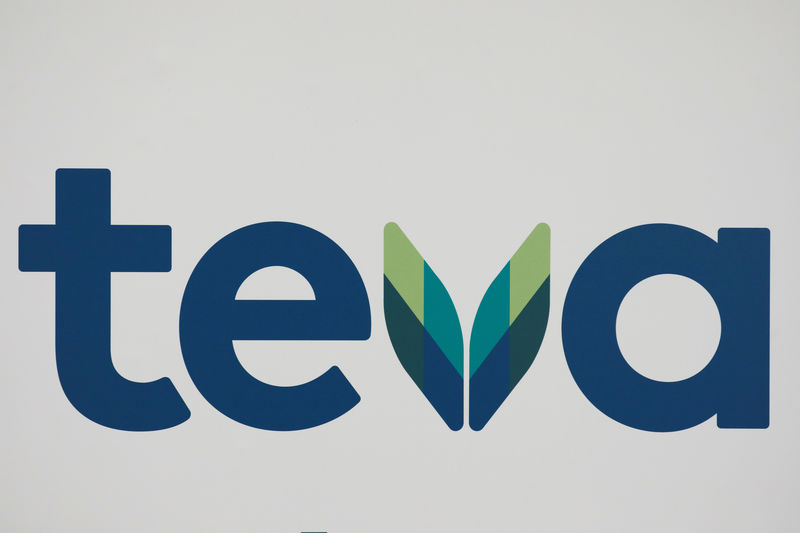By Tova Cohen
TEL AVIV (Reuters) - Teva Pharmaceutical Industries (NYSE:TEVA) expects its generic version of Mylan's EpiPen to claim about 25 percent of the U.S. market by the end of the year, CEO Kare Schultz said on Tuesday, as the company closes in on a return to growth in 2020.
Wall Street has viewed the EpiPen rival as a welcome profit-booster for Teva as it contends with declining U.S. margins for its older generic medicines, competition for multiple sclerosis treatment Copaxone and costly acquisitions.
When the device’s approval was announced last year analysts suggested it could add $250 million to Teva’s annual revenue and 4-6 cents per share in earnings, providing a welcome lift for a company that has fired thousands of employees and worked to reduce its debt load to $27 billion from $35 billion.
Mylan (NASDAQ:MYL) also produces a generic version of its life-saving EpiPen allergy treatment, which like Teva's product is priced at about $300.
The U.S. market for EpiPen is worth roughly $750 million a year.
When asked how much of that market Teva expects to hold by the end of this year, Schultz said: "It's difficult to say exactly, but the simple answer would be 25 percent roughly."
Israel-based Teva, the world's largest generic drugmaker, is already selling its product for adults and plans to start supply of a junior version for young children in 3-4 months, the Danish-born CEO told reporters.
Many of the largest U.S. pharmacies and drug distributors do not yet have Teva's version of EpiPen, five months after it was approved for sale in the United States, pharmacy chains and a group that tracks drug shortages told Reuters last month.
Mylan’s EpiPen has also been in short supply because of manufacturing problems at the lone Pfizer (NYSE:PFE) plant that makes the auto-injectors.
Teva received U.S. approval for its copy of EpiPen in August after several years of delay, but Schultz said additional "validations" were required by the U.S. Food & Drug Administration, which it has now done.
While any pharmacy can call and buy Teva's product, the company does not have enough supply for all the wholesellers and pharmacies, he said.
"We will be filling up the supply chain more and more over the coming months," Schultz said.
Schultz estimates that Teva should approach a 50 percent market share by the end of 2020.
Last week, Teva shares dropped sharply after it published a 2019 outlook that disappointed the market..
Its shares were down 0.7 percent at midday in Tel Aviv.

"The fact is, we have a tough situation where revenues are going downhill," Schultz said on Tuesday. "People forgot that a little bit so we had to remind them."